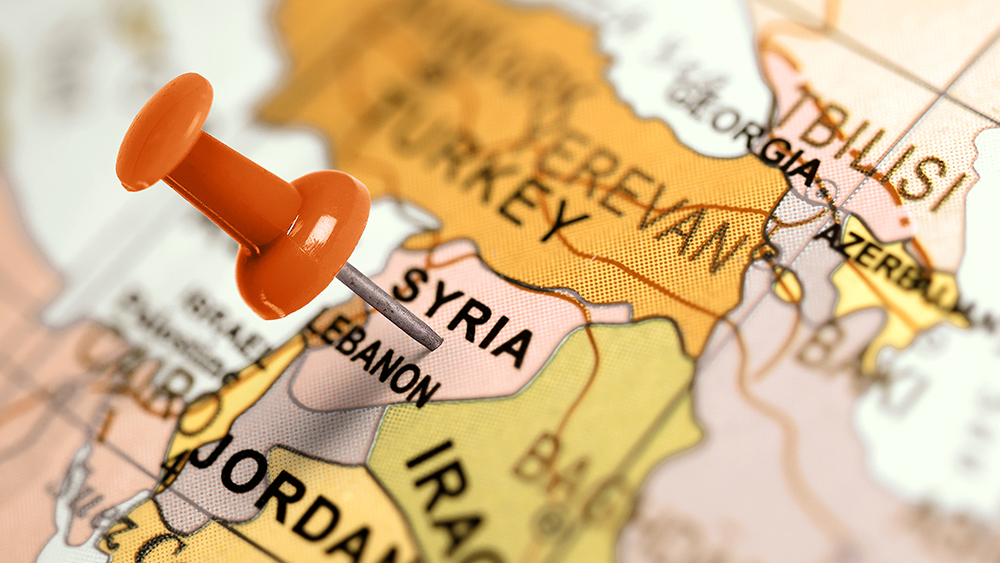- Israel launched its heaviest strikes in Syria in over a decade, targeting military sites in Tartus.
- The campaign aims to dismantle Syria’s military infrastructure, including air defense systems and missile depots.
- Tartus, a key Russian military hub, was hit, raising concerns about Russia’s presence in Syria.
- Israel’s strikes show disregard for civilian lives, sparking international condemnation.
- Syria’s new government calls for diplomacy, emphasizing the need for stability and reconstruction.
In recent days, Israel has escalated its military campaign in Syria, launching what have been described as the heaviest strikes in the region in over a decade. These attacks, targeting military sites in Syria’s coastal Tartus region, have raised alarm bells both within the region and internationally. The strikes, which included the use of an “earthquake bomb,” have left a trail of destruction and sparked concerns about the future of Syria’s military capabilities and the safety of its civilians.
Israel’s actions in Syria appear to be part of a broader strategy to weaken the country’s military infrastructure following the fall of President Bashar al-Assad. The Israeli government has made no secret of its intent to dismantle Syria’s air defense systems, missile depots, and other critical military assets. This campaign, which has seen more than 600 strikes in just eight days, is not only a blatant violation of Syria’s sovereignty but also a dangerous escalation that threatens to destabilize the entire region. Some of the recent blasts were seismic, registering a 3.0 magnitude on the Richter scale, while the sheer volume of the explosions led some experts to speculate the strikes hit chemical weapon production facilities.
The targeting of Tartus, a key naval and military hub, is particularly significant. Tartus is home to one of Russia’s two military bases in Syria and has been a crucial supply route for Russian forces during the Syrian civil war. The recent strikes have raised questions about the future of Russia’s presence in the region. While Moscow has reportedly evacuated some of its diplomatic staff, the long-term implications of these attacks on Russian assets remain unclear.
Disregard for civilian lives
What is even more concerning is Israel’s blatant disregard for civilian lives in its military operations. The strikes in Syria come on the heels of similar attacks in Gaza, where innocent civilians, including a mother and her five-year-old daughter, were killed in an air strike that the Israeli Defense Forces (IDF) claimed targeted a Hamas member. This pattern of violence, which has become all too familiar, underscores Israel’s willingness to sacrifice human lives in pursuit of its military objectives.
The UN’s special envoy for Syria, Geir Pedersen, has described these airstrikes as a “very troubling development” and called for an immediate end to the violence. However, Israel’s actions suggest that it is undeterred by international condemnation and continues to pursue its agenda with impunity.
Expanding settlements in the Golan Heights
Adding fuel to the fire is Israeli Prime Minister Benjamin Netanyahu’s plan to expand settlements in the Golan Heights. The Golan Heights, which Israel has illegally occupied since 1967, are a strategic territory that has long been a source of tension between Israel and Syria. Netanyahu’s decision to double the population of Israeli settlers in the region is a clear provocation and a violation of international law.
The Israeli government has justified this move by claiming that a “new front” has opened up on its border with Syria following Assad’s fall. However, this rationale is nothing more than a pretext to further entrench Israel’s control over the Golan Heights and undermine any possibility of a peaceful resolution to the conflict.
A call for diplomacy, not destruction
As Israel continues its military onslaught, the new administration in Damascus has signaled its willingness to engage in diplomatic solutions. Ahmed al-Sharaa, the de facto head of Syria’s new government, has emphasized that the country is “war-weary” and cannot afford further conflict. Instead, the focus is on reconstruction and stability, which requires an end to military operations and a return to dialogue.
While Israel may claim that its actions are aimed at preventing the transfer of weapons to extremist groups, the reality is that these strikes are doing more harm than good. They are not only destroying Syria’s military capabilities but also exacerbating tensions and undermining efforts to rebuild the country.
Israel’s aggressive actions in Syria are a dangerous escalation that threatens to plunge the region into further chaos. The international community must act to hold Israel accountable for its actions and push for a diplomatic solution that prioritizes peace and stability over military dominance.
Sources for this article include:
